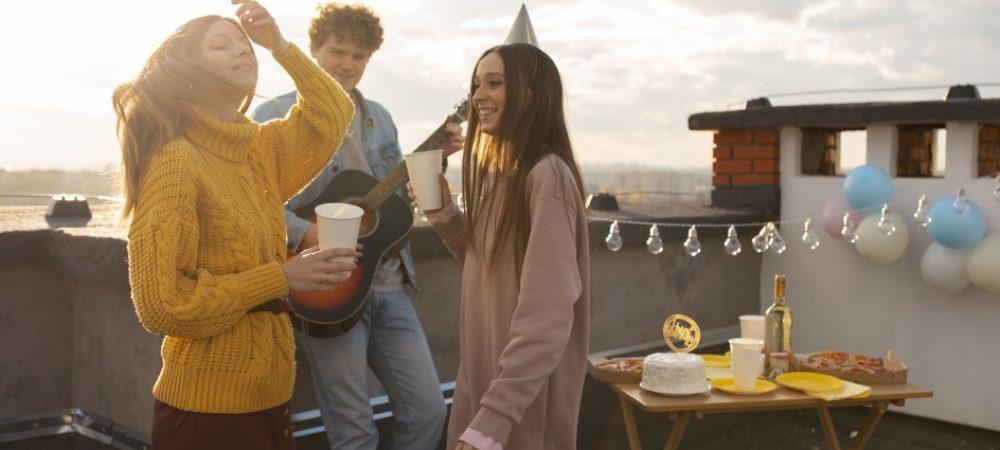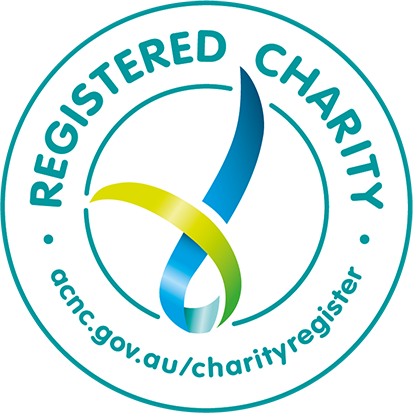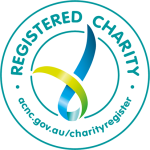Christmas is just around the corner and the festive cheer is flowing. It’s a time of great excitement and fun for young people who may also be celebrating their graduation from High School.
As we gather to eat, drink and be merry, teenagers may find themselves in a situation where alcohol is being consumed, sometimes to excess. While young Australians are generally drinking less, many still begin drinking before they turn 18.
A recent report by the Australian Institute of Family Studies found one in four adolescents under 18 is allowed to drink at home, but parents who permit this are putting their teenagers at increased risk of harm.
Adolescents under 18 are particularly vulnerable to alcohol’s harmful effects. It increases the risk of physical injury, adverse effects on brain development, mental health problems, self-harm and risky sexual activity. There is no clear ‘safe’ level of alcohol for those under 18 and beginning drinking at an early age may lead to harmful binge drinking patterns later in life.
Parents play an important role in shaping a young person’s attitude to drinking and preventing alcohol-related harms. The latest national drinking guidelines advise that anyone under 18 should avoid alcohol.
However, even young people over 18 are at greater risk of alcohol’s harmful effects. Alcohol affects brain development up to the age of 25 years and heavy drinking before brain development is complete may affect later brain function. Alcohol also increases the risk of injury and is a leading cause of premature death in young Australians from road accidents, injuries and suicides. Hospital emergency presentations for alcohol related incidents are highest in teenagers aged 15 – 19 years.
Family Influence
Some parents allow teenagers to drink at home under supervision in the belief that this will lead to healthy attitudes to alcohol. However, this has been shown to be harmful and increases the risk of binge drinking and health and behaviour problems later in life.
Parents are being urged to delay their teenager’s introduction to alcohol for as long as possible. Other strategies to influence your teenager’s attitude include role modelling safe drinking habits, talking openly with teens about the risks and harms of alcohol and monitoring alcohol consumption when young people do begin drinking.
Sources:Australian Institute of Family Studies
“Australian Guidelines to Reduce Health Risks from Drinking Alcohol”, National Health & Medical Research Council.
Alcohol and Drug Foundation
Alcoholthinkagain








